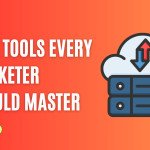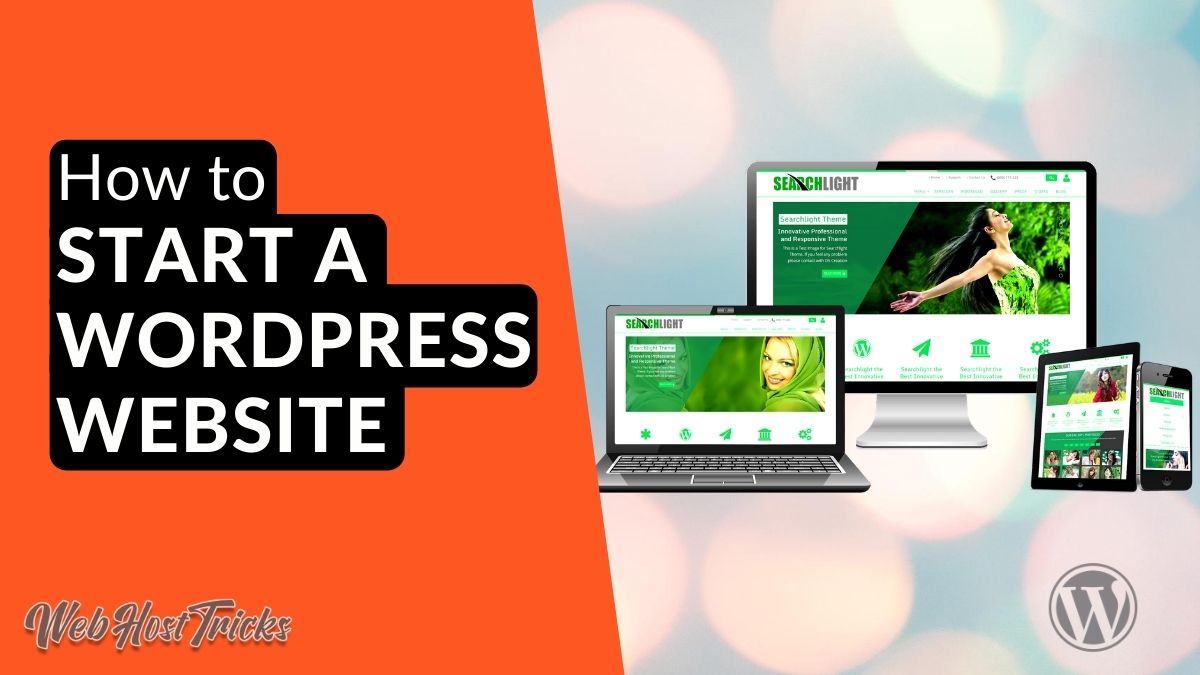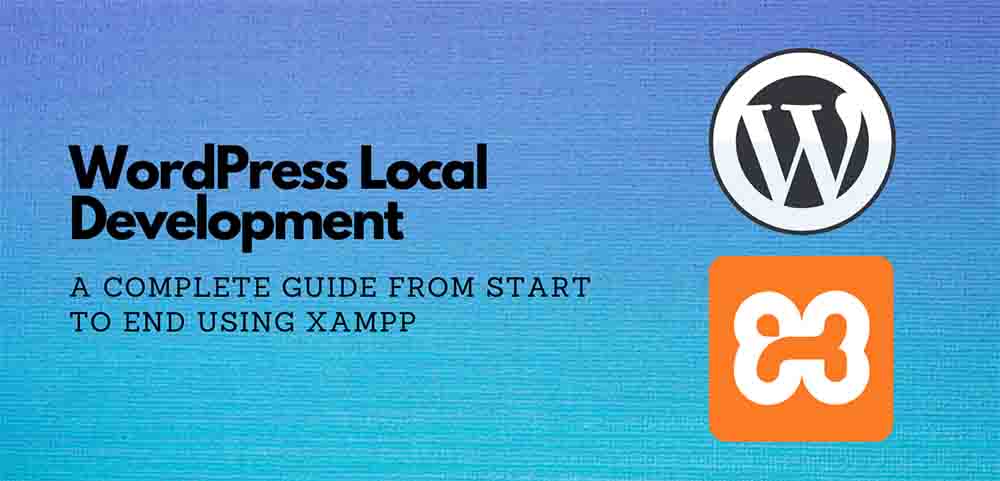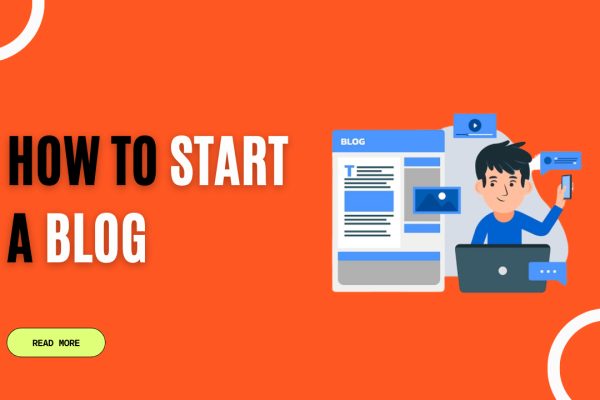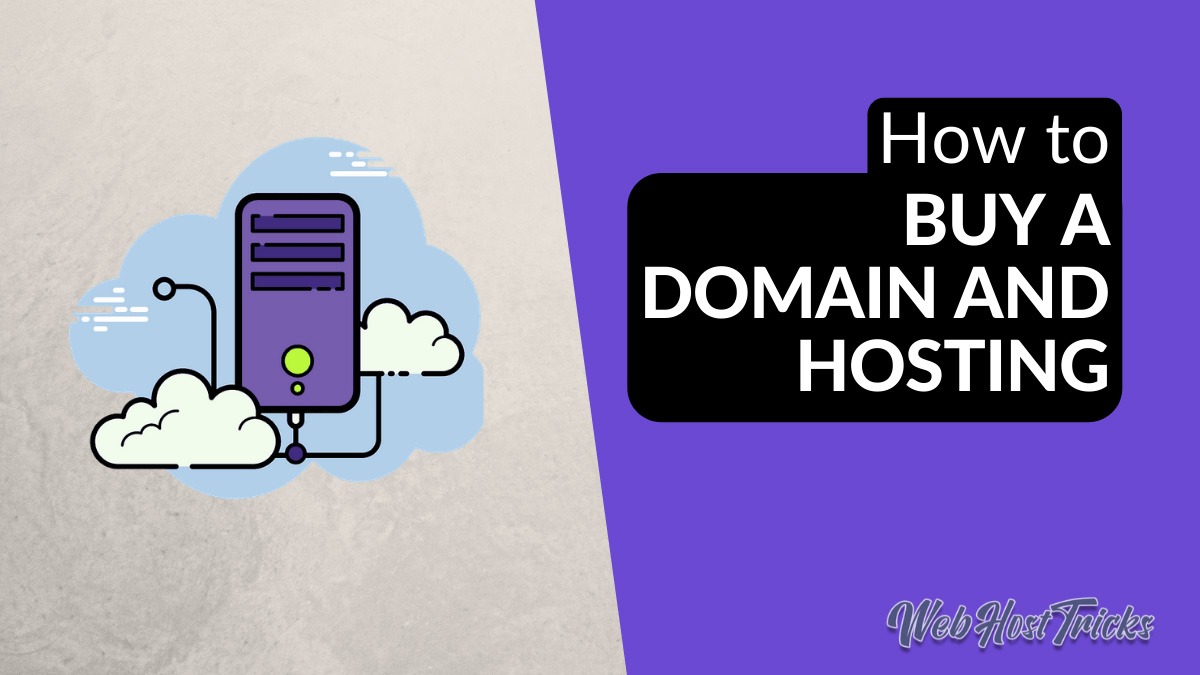In today’s digital age, having a web presence is crucial for businesses and individuals alike. Whether you want to showcase your portfolio, promote your products, or share your thoughts with the world, creating a web page is the first step towards establishing an online presence. Fortunately, you don’t have to be a tech expert or break the bank to create a web page.
In this article, we will guide you through the process of creating a web page for free, providing you with valuable insights and tips to help you get started.
1. Why Create a Web Page?
A web page serves as a virtual representation of your brand, business, or personal identity. It allows you to reach a wider audience, establish credibility, and showcase your offerings. By creating a web page, you gain control over your online presence, enabling you to shape the narrative and engage with your target audience effectively.
2. Choosing a Platform
When it comes to creating a web page for free, there are several platforms to choose from. Popular options include
These platforms offer user-friendly interfaces, customizable templates, and hosting services, making it easy for beginners to create a web page without any coding knowledge.
3. Selecting a Domain Name
A domain name is your web page’s unique address on the internet. It should be memorable, relevant to your Content or brand, and preferably end with a popular extension like .com or .org. Many free web page creation platforms provide subdomains, such as yourname.platform.com. However, investing in a custom domain name (e.g., yourname.com) can enhance your professionalism and branding.
Read More: How to Get Free Domain and Hosting for Students
4. Designing Your Web Page
An aesthetically pleasing and user-friendly design is crucial for creating an engaging web page. Choose a template that aligns with your goals and industry. Customize the colors, fonts, and layout to reflect your brand’s identity. Ensure that the design is responsive, meaning it adapts to different screen sizes, including mobile devices.
Read More: Blog Themes on WordPress
5. Customizing Your Web Page
To make your web page genuinely unique, take advantage of the customization options offered by your chosen platform. Add a logo or header image that represents your brand. Incorporate widgets, such as social media buttons, contact forms, or photo galleries, to enhance user experience and functionality.
6. Adding Content
Compelling Content is the heart of any successful web page. Start by creating an engaging homepage that communicates your value proposition. Craft informative and well-structured pages for different sections, such as About Us, Services, or Blog. Use a mix of text, images, and videos to keep your audience engaged and deliver your message effectively.
7. Optimizing for SEO
Search Engine Optimization (SEO) is crucial in driving organic traffic to your web page. Optimize your Content by incorporating relevant keywords, writing descriptive meta tags, and structuring your headings using H1, H2, H3, and H4 tags. Make your web page load quickly by optimizing images and enabling caching.
Read More: Top 5 Keyword Research Tools for SEO
8. Publishing Your Web Page
Before making your web page live, review and test all the elements to ensure a seamless user experience. Double-check for any broken links, grammatical errors, or design inconsistencies. Once you are satisfied with the final result, publish your web page by following the instructions provided by your platform.
9. Maintaining and Updating Your Web Page
Creating a web page is not a one-time task. Regularly update your Content, add new blog posts, and make necessary changes to keep your web page fresh and relevant. Monitor your web page’s performance using analytics tools and make adjustments based on user feedback and data insights.
10. Promoting Your Web Page
To maximize the reach and impact of your web page, promote it through various channels. Share your web page on social media platforms, engage with your audience, and collaborate with influencers or industry partners. Utilize email marketing, guest blogging, and search engine marketing strategies to drive traffic and increase your web page’s visibility.
Conclusion
Creating a web page for free is an achievable goal for anyone willing to invest time and effort. By following the steps outlined in this article, you can establish a professional and engaging web presence without breaking the bank. Remember to choose the right platform, design an appealing layout, create valuable Content, optimize for search engines, and consistently update and promote your web page. Embrace the digital landscape’s opportunities, and watch your web page flourish.
FAQs
Absolutely! Many web page creation platforms provide intuitive interfaces and customizable templates that require no coding experience.
While not mandatory, a custom domain name enhances your professionalism and branding. It’s worth considering if you want to establish a strong online presence.
Optimize your web page by incorporating relevant keywords, writing descriptive meta tags, and using proper heading tags. Focus on delivering high-quality, valuable Content.
Regular updates are essential to keep your web page fresh and relevant. Aim for a consistent content schedule and make necessary changes as your brand or business evolves.
Promote your web page through social media, email marketing, guest blogging, and search engine marketing. Engage with your audience and collaborate with influencers for greater visibility.

